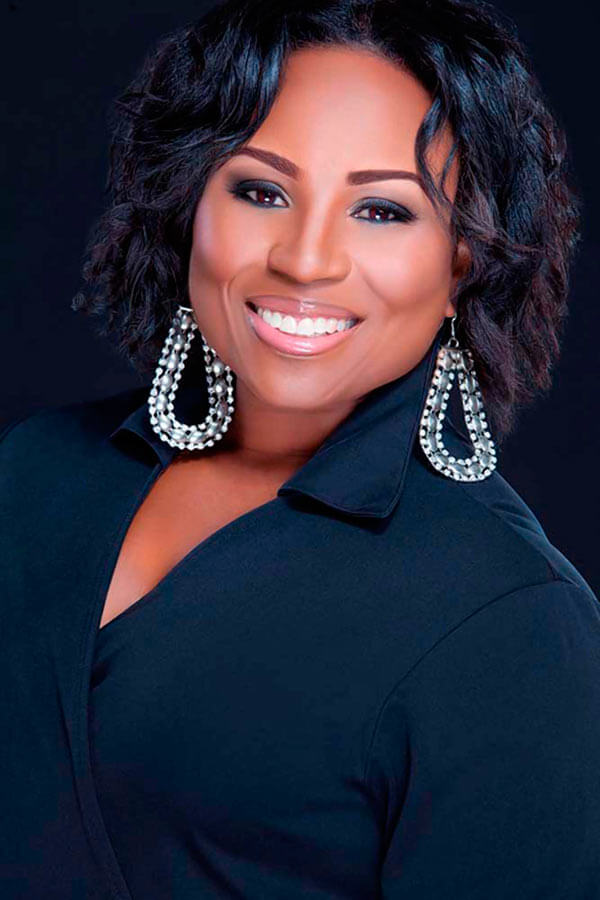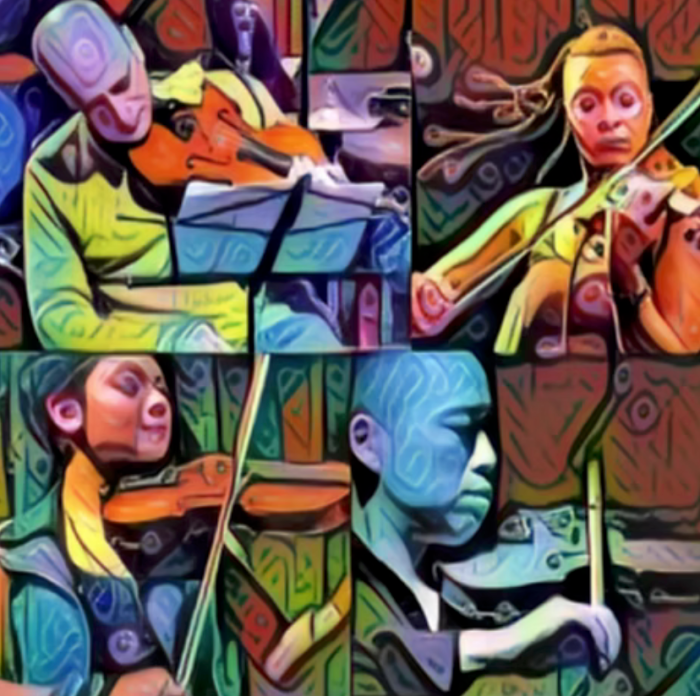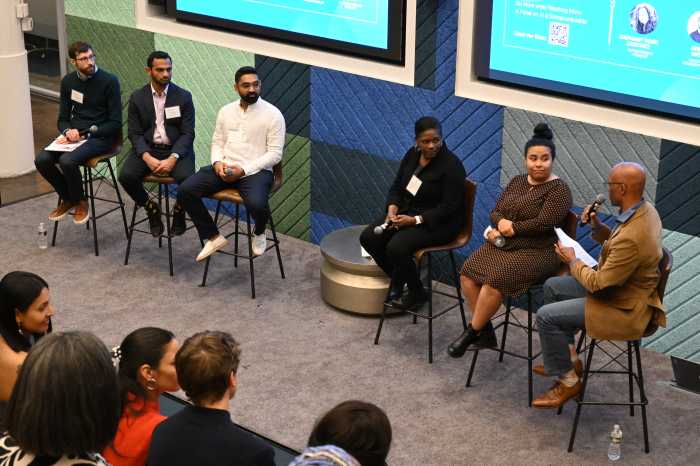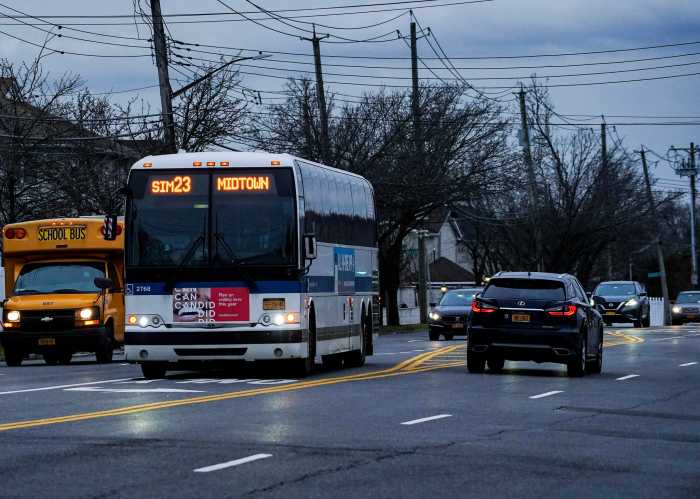It doesn’t take a rocket scientist to know that many Caribbean immigrants to the United States have distinguished themselves as trailblazers and in the process made their homeland proud.
Just ask Trinidad & Tobago-born NASA aerospace scientist Dr. Camille Wardrop Alleyne, accomplished as the only woman of Caribbean descent in a top position at NASA she is now on a mission to inspire thousands of girls across the organization of Eastern Caribbean States (OECS) to greatness.
“When you empower and inspire youth to believe in themselves and their capacity for greatness, they embrace their power to be the leaders of tomorrow — leaders who will create positive and lasting change in their communities and our world,” the space engineer said.
On a mission to infuse a message to “dream big dreams and know there is no limit to success with hard work, determination, focus and a strong self-esteem,” Alleyne plans to motivate at least 10,000 girls by touring OECS countries and on each stop deliver the empowering passport to success.
As the founder of the Brightest Stars Foundation — an organization she established in 2007 to benefit girls in Africa, the Caribbean and Latin America by directing them to STEM (science, technology, engineering and mathematics) fields — she envisions her brainchild as a motivator that will empower girls in the sub-region to achieve against all odds.
To that end she has partnered with the OECS Commission to achieve her goal.
Along with her team of experts, they plan to visit 10 Caribbean islands by the end of the year.
The aim is to host 1,500 girls in each island.
Deserving girls will be pooled from underserved rural and urban communities.
Allegedly, Dr. Alleyne will use the facts from the recently nominated Academy Award film “Hidden Figures” to motivate, inspire and empower thousands of girls throughout the region to reach their full potential.
The film depicts the experiences of African-American women mathematicians who worked at NASA during the 1950s. Unsung heroines of a nail-biting space race with the Russians during that era, they were instrumental in calculating the flight trajectories that made the mission of astronaut John Glenn a successful first for an American to orbit the earth.
Alleyne was born in 1966 in Port-of-Spain, Trinidad.
Reportedly she had a fascination with space and planes from an early age.
After leaving her homeland at 17 years old, she was determined to study aeronautical engineering.
Focused and motivated by all she had seen and read, she received a bachelor’s in mechanical engineering from Howard University, a master’s degree in mechanical engineering from Florida A&M, and a master’s in aerospace engineering from the University of Maryland. She also has a PhD in Educational Leadership from the University of Houston.
Years later, the curious and industrious youngster found herself stepping through the doors of NASA’s John F. Kennedy Space Centre in Florida as a spacecraft engineer.
Her first job was as an aerospace systems engineer with the Department of Defense, where she worked on missile defense systems. She began working at NASA testing environmental equipment for the space shuttle at Kennedy Space Center.
In 2004 she was a finalist for astronaut training and came close to actually going into space when she was shortlisted in NASA’s astronaut selection program.
Alleyne served as the manager of testing and is reputed for designing and developing space vehicles, most particularly the Orion crew exploration vehicle, which is designed to carry astronauts to the moon, Mars, and beyond.
She is currently the assistant program scientist for the International Space Station, where she helps the ISS develop programs to attract students to STEM fields and communicates the findings at the ISS to stakeholders and the public.
Reportedly in 2011 she was invited by Trinidad & Tobago’s National Institute of Higher Education, Research, Science and Technology (NIHERST) to keynote the gathering of the tenth annual Caribbean Youth Science Forum.
The twin-island organization named Alleyne one of its “Caribbean Icons in Science, Technology, and Innovation.”
Didacus Jules, director general of the OECS Dr. has strongly endorsed her initiative, saying that “the OECS Education Strategy is committed to gender equality, and that the promotion of science, technology, engineering and maths was an important element in the educational formation of young Caribbean women.”
“We are hopeful that this will ignite a passion for the sciences among our girls,” he said.
Catch You On The Inside!



























